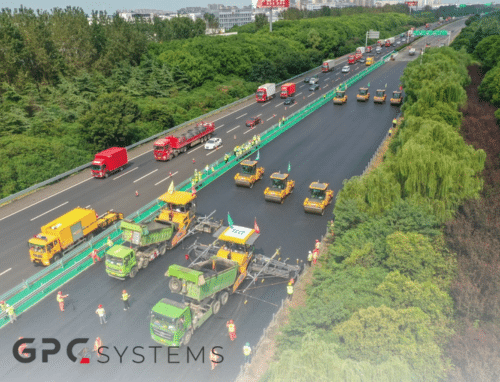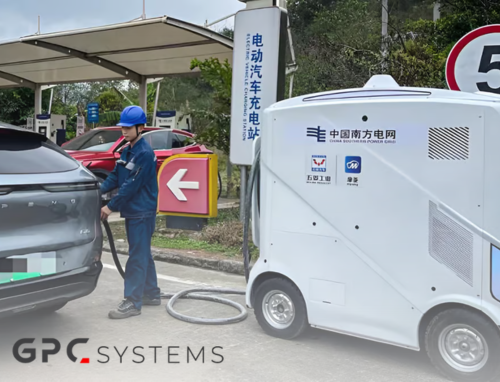
Robots Pave the Way: China’s Unmanned Road Resurfacing Milestone
In a remarkable feat of engineering and automation, China has recently completed the world’s first fully unmanned road resurfacing project, covering an impressive 157.79 kilometres of expressway without the involvement of a single human construction worker. This innovative achievement showcases China’s rapid advancements in construction technology and its commitment to pushing the boundaries of what’s possible in infrastructure development.
The Autonomous Fleet
The project utilised a fleet of autonomous road construction vehicles, including drones and robots, to carry out the entire resurfacing process. This cutting-edge approach marks a significant departure from traditional road construction methods, which typically rely heavily on human labour.
Key Components of the Autonomous System
Unmanned Paving Machines
At the heart of this project were autonomous pavers, likely similar to the XCMG models demonstrated in previous Chinese construction projects. These machines are capable of precisely laying asphalt without human intervention, ensuring consistent quality throughout the resurfacing process.
Autonomous Rollers
Working in tandem with the pavers, autonomous rollers compacted the newly laid asphalt. These machines can navigate the construction site independently and adjust their performance based on real-time data, resulting in improved efficiency and quality.
Construction Drones
Drones played a crucial role in this project, potentially being used for surveying, monitoring progress, and even transporting materials to hard-to-reach areas. China has been developing heavy-lift drones capable of carrying up to 300 kg of construction materials, which could have been employed in this project.
Benefits of Autonomous Road Construction
1. Increased Efficiency: Previous demonstrations of autonomous paving have shown a workforce reduction of up to 66% and improved roller coverage by 50%.
2. Enhanced Safety: By removing human workers from the construction site, the risk of accidents and injuries is significantly reduced.
3. Consistent Quality: Autonomous machines can work tirelessly and maintain consistent quality throughout the project, potentially leading to longer-lasting road surfaces.
4. Environmental Impact: The use of drones for material transport in challenging terrains can minimise damage to surrounding vegetation and reduce the overall environmental impact of road construction.
The Future of Infrastructure Development
This fully autonomous road resurfacing project represents a significant milestone in the construction industry. It demonstrates the potential for AI, robotics, and drone technology to transform infrastructure development, not just in China but globally.
As these technologies continue to evolve and improve, we can expect to see more projects of this nature, potentially leading to faster, safer, and more efficient construction of roads and other infrastructure. This advancement could be particularly beneficial in areas with labour shortages or in regions where traditional construction methods are challenging due to terrain or climate.
While some may express concerns about the impact on employment in the construction sector, it’s important to note that this technology is likely to create new job opportunities in areas such as robotics maintenance, software development, and autonomous system management.
As China continues to lead the way in autonomous construction technology, it will be fascinating to see how other countries adapt and implement similar systems in their own infrastructure projects. One thing is certain: the future of road construction is looking increasingly automated, efficient, and innovative.




